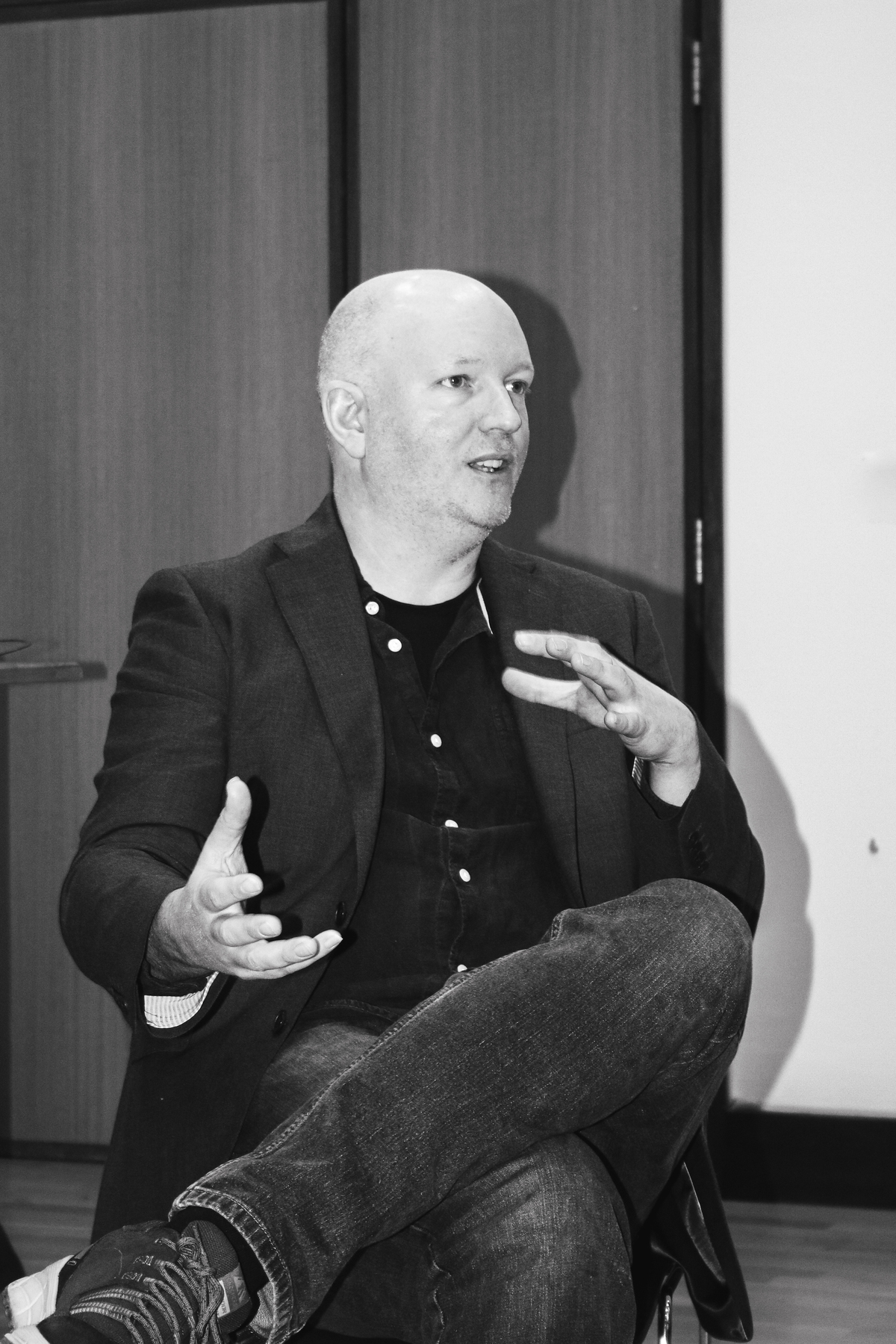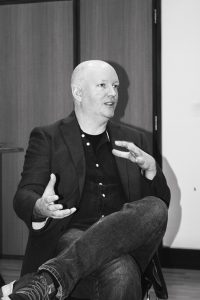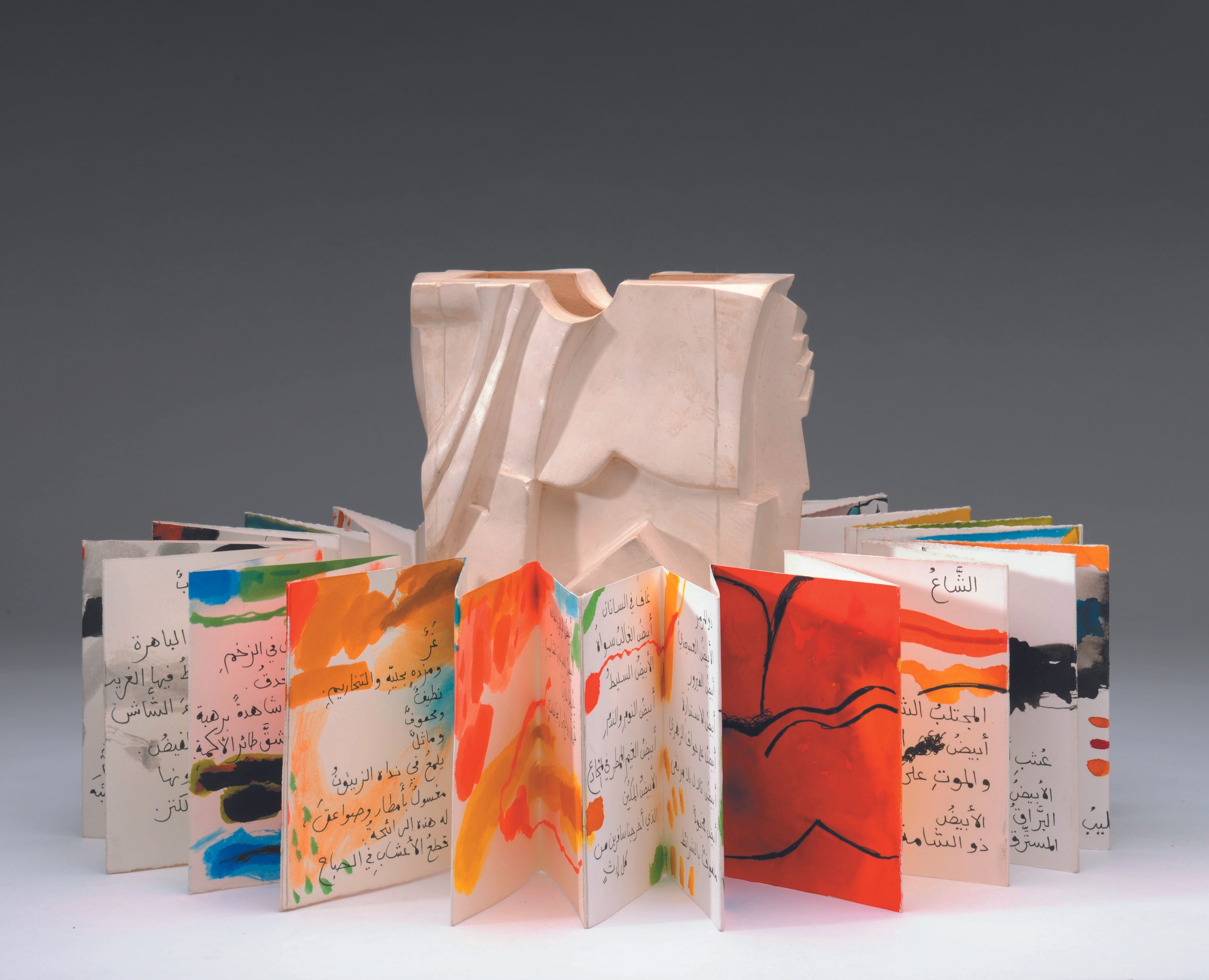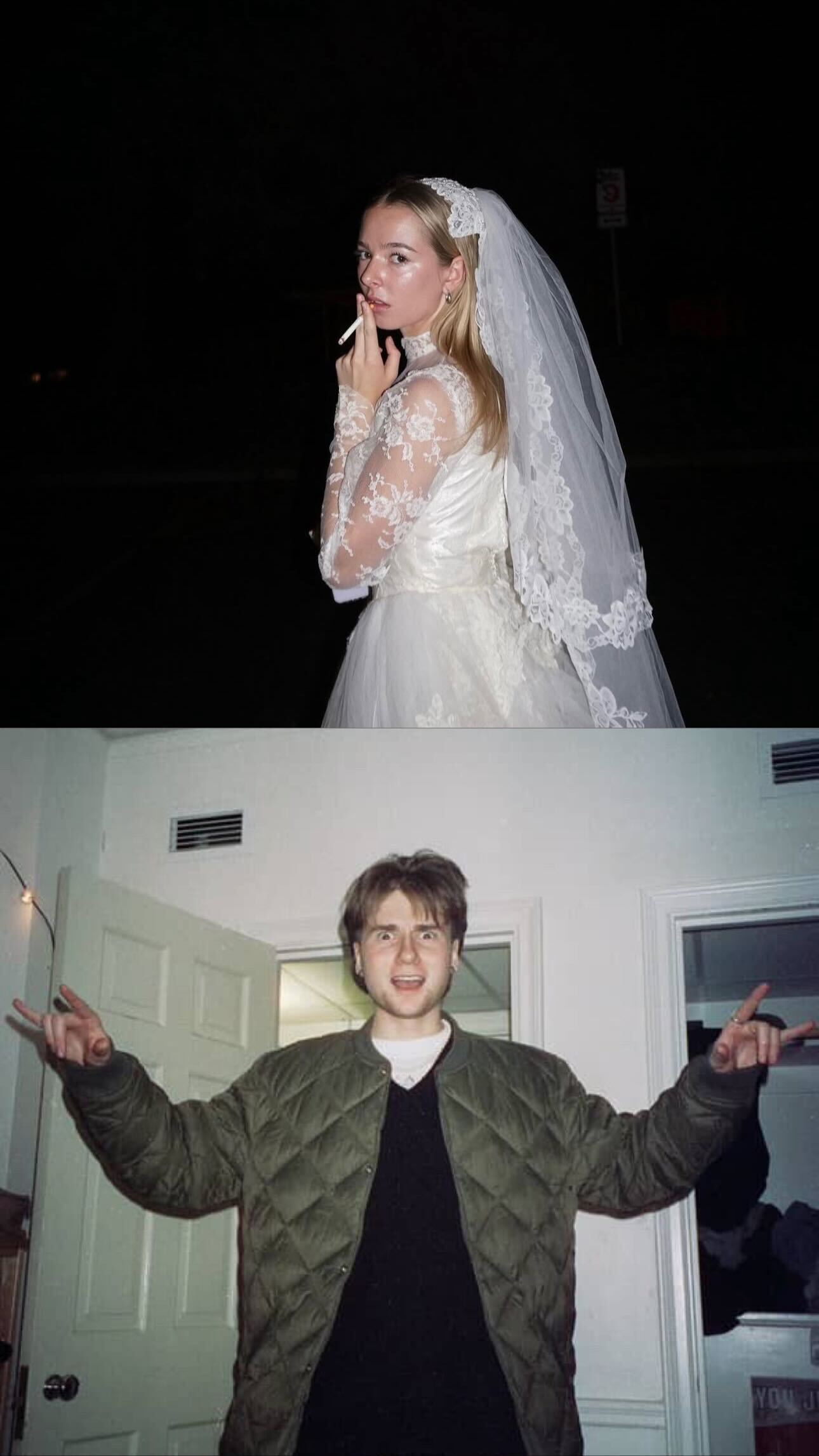
The Moment a Character Starts Lying to you: An Interview with the Playwright Mike Bartlett
“What makes playwriting exciting is that it is fiction: follow the character, because, for the most part, no one really cares what happens to you.”
Mike Bartlett recently delivered a talk to the Oxford University Drama Society on his career, playwriting and the importance of theatre in the 21st Century. Mike’s notable works include Albion and King Charles III at the Almeida and, more recently, The 47th at The Old Vic. he is also the writer of TV Series Doctor Foster and Life. His works are uncategorizable, spanning from Pinteresque three-handers like Cock at the Royal Court to large ensemble pieces such as Earthquakes in London at the National Theatre.
Having grown up in Oxfordshire, Mike revealed that he actually took part in an Oxford University production of Peter Shafer’s Equus after graduating from Leeds with a degree in English and Theatre Studies. He discussed his time in the Royal Court Writers’ Group under playwright Simon Stephens and how he gets to grips with writing a play. Playwriting, according to Brian Friel, is like stalking a deer: you must stay far away enough from it that it will not bolt, but it must never leave your sight. It is a constant balancing act of perception and creation. It is only when your own characters start lying to you that the writing really begins.

You’ve spoken about the need to voice unpopular, divisive views in theatre. Do you think the same is the case for screenwriting? Especially within its more commercial setting?
It’s a different form. The more I do it, the more I realise. Alan Bennett plays don’t have much story: there’s a character who wants a thing, and only about two major events happen. But he writes this amazing dialogue and crucially, there’s drama. A screenplay is more like a novel, it’s narrative based. You need a lot of story. Your tools are stories and narrative, whereas with theatre you need drama and dialogue.
Also, the size of the audience differs To make an hour of television now, it used to cost about 900,000 pounds, now it costs about 2 million. So to make six episodes, your writing costs about 12 million pounds to make. It’s understandable that people don’t want to give you a blank cheque. The number of notes and script readers increases with the budget you ask for. If you want to write a post-dramatic weird Avant garde play, it’s less likely to make money and you will tend to get a smaller audience. If you’re going to write a plot-heavy murder mystery thriller, lots of people want to see it.
George Orwell tells a story of working in a bookshop where romance and thrillers lived downstairs, and upstairs was all literature. Everyone would do the same thing, they’d come in, browse upstairs then go down and buy one of the thrillers or romances. I always think of that – if you want to be popular the quickest way is to make it into a romance. If you’re not doing that then that’s great but it will affect the size of your audience to some extent.
So when you’re sitting down to write a play, thinking of these action points in mind, how does it work, how do you plan?
I’ve written three plays just starting with dialogue, Contractions, Cock and An Intervention. I wrote Contractions on a train down from Edinburgh when I didn’t have a book to read. By the time I got to London I’d mostly finished it.
With longer plays, I plan in a notebook and re-plan with spider diagrams. Once I’ve really planned, down to each scene, I can write quite rapidly. I like to have a different form with each piece of work, coming up with a different form necessitates a different way of writing. The difference between craftsmen and artists is that a craftsman will learn how to make a chair and make lots of chairs, while artists will learn how to make a chair and then make something new.
I’m interested in how you write about real people, like King Charles III, or Donald Trump in ‘The 47th’. Does your character process change?
Those are really the only times I’ve done that. I think it was the Shakespearean form that allowed me to. Shakespeare’s Richard III is probably not what Richard was actually like. I’m not really interested in what Charles is really like, but rather the idea of a king in waiting for so many years. That’s a Shakespearean archetype. Or Harry, I was interested in what a prince does without a purpose. I’m interested in the defining features of these characters, not who they really are.
What does your writing day look like? Do you have a very set routine?
No. I have to try and block out all the responsibilities of life. It was easier to write when I was younger. Shonda Rhimes talks about running a gauntlet where she imagines the place we can write is over there, but you have to run through people rugby tackling you, making that thing, feeling insecure, you don’t like the jumper you’re wearing, Idris Elba’s really attractive, you have to get there. The more you run that gauntlet the easier it is to get there quicker. And buy a pair of noise-cancelling headphones. To really write you have to be totally immersed, I try to switch off my phone while I’m doing it.
Should playwrights be affected by lived experience? Where do you draw the line between the artist and the art?
I find it useful to draw on what Sarah Kane talks about, which is that a play is made up of three things: your own personal experience, what you see in the world and how it is reported to you, and thirdly, your own imagination. The best plays are a good mix of those three things. Plays go wrong when they tip too far into just one of them. It’s impossible to write without somehow drawing on your own personal experience. You should trust that whatever you write will be charged by your life, but what makes playwriting exciting is that it is fiction: follow the character, because, for the most part, no one really cares what happens to you personally. The writer Leo Butler discusses the moment in theatre when the playwright metaphorically comes onstage and starts talking, rather than the characters. You need to avoid that. Let the characters do the work.
Do you have any advice to anyone going into the theatre industry? And how has a career in the arts changed since you started?
It’s definitely become a lot more difficult. It’s much more important now to know exactly what you want to do, and what’s actually driving you, and being realistic about that. When I came out of university, the route was that people went into theatre, then into TV. Because no one could make a film on their phone: it didn’t exist. Whereas now everyone can. There’s lots of screenwork and writers’ rooms. If you want to do screen work, go and do that. But if you want to do theatre, that’s great. It is important that you ask yourself who your audience is.
I recently did a piece of community theatre which was fantastic. I wrote it for them and it had a cast of 25 which was far more than I could have in professional theatre at the moment. That’s another way of thinking about it. If you want to make work that’s about your community, don’t do it professionally. Do it with your community. Stories will be told to more people with bigger casts and bigger opportunities. But if you want to make a living out of it, that’s a different concern. If you want to win an Oscar that’s might be a different route to being a radical playwright. The first thing I would say is to try and work out why you’re doing what you’re doing. Find your instinct and imagine your dream. Is it a play downstairs at the Royal Court or winning an Oscar? Once you’ve done that, practice and practice. Write, write, write. Get as much experience and practice of your work in front of an audience as possible. Write 10 plays a year, because if the first thing that goes on is your 25th play, you’ll know what you’re doing. Get all the bad plays out. Get it done. Practice.
What do you think the role of theatre-makers and storytellers is at this point in time?
I feel that we’ve got the point that if no one had invented theatre, you would invent it now as a radical weird thing to do. We’re going to get in a room and switch our phones off, together with a load of strangers that we won’t agree with. In a world where we’re distracted all the time, everything is mediated, and we tend to hang out with people who all agree with us, tend to think that we’re right and they’re wrong. We tend to make things into binaries, ‘goodies and baddies’. Wouldn’t it be great if we had an art form where we did it live, we switched everything off, we dealt in nuance and complexity. Where we put the human being at the heart of any problem. That would be a radical art form, and a very needed one in a very divided world. It feels like we’ve never needed the theatre more.
I thought everyone would come back to the theatres after covid, but they didn’t. They were scared of bodies; they were divided into tribes and groups. The way to make a case for theatre, is to get the most different people in a room together and get them all following one narrative and loving it. There’s a very British, Shakespearean tradition of having the richest and the poorest of society in one space together. You want social divisions to be blurred. If we can do that, then it’s the art form we need.∎
Words by Coco Cottam and Max Morgan. Photography by Imee Marriott.







